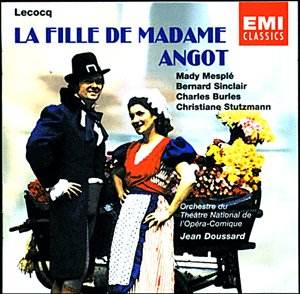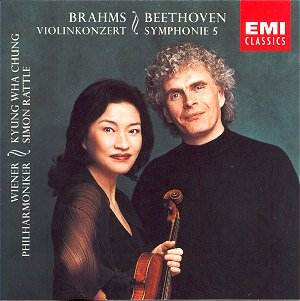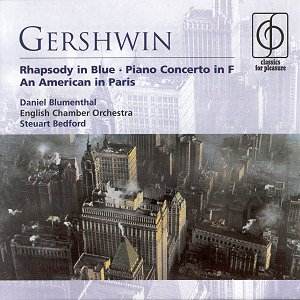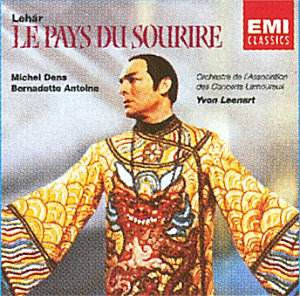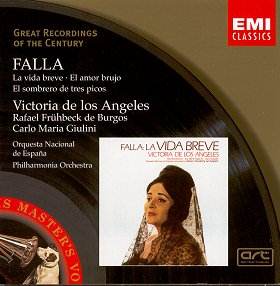 Composer: Manuel de Falla (1876-1946)
Composer: Manuel de Falla (1876-1946)
Works: La vida breve, Seven Popular Spanish Songs, The Three Cornered Hat, Love, The Magician, Soneto a Córdoba, Psyché
Performers: Victoria de los Angeles (soprano), Carlo Cossutta (tenor), Gonzalo Soriano (piano), Annie Challan (harp), Jean-Claude Gérard (flute), Orfeón Donostiarrra, Orquesta Nacional de España, Philharmonia Orchestra conducted by Rafael Frühbeck de Burgos and Carlo Maria Giulini
Recording: Instituto Ramiro de Maeztu, Madrid, 26-31 January 1965; Barcelona, December 1961 and January 1962; Kingsway Hall, London, December 1963 and April 1964; Salle Wagram, Paris, November 1969
Label: EMI
Manuel de Falla, one of the prominent figures in early 20th-century Spanish music, encapsulates the essence of Spanish folk themes while weaving them into the fabric of classical composition. His oeuvre is characterized by a blend of nationalistic fervor and modernist sensibility. This collection, featuring Victoria de los Angeles, presents a compendium of de Falla’s most notable works, showcasing the soprano’s deep connection to the music of her homeland and the composer’s innovative rhythmic structures and harmonic language.
The standout performance of the recording is undoubtedly La vida breve, a poignant opera that explores themes of love, betrayal, and death. Victoria de los Angeles portrays Salud with a nuanced understanding of the character’s emotional arc. Her voice, imbued with a rich timbre, traverses the intricate lines with both strength and vulnerability. The opening chorus, infused with a robust vitality, serves as a vivid backdrop to Salud’s tragic narrative. De los Angeles’s ability to convey the character’s shifting emotions—from the thrill of love to the depths of despair—is masterfully supported by the vibrant orchestral colors conjured by Rafael Frühbeck de Burgos. The conductor’s idiomatic approach ensures that the Spanish folk elements resonate authentically, particularly during the lively wedding interlude, which bursts with rhythmic energy and cultural specificity.
The Seven Popular Spanish Songs further highlight de los Angeles’s versatility and interpretative depth. Her performance ranges from the playful defiance in the Seguidilla from Murcia to the tender melancholy of the Asturian Song. Each piece is a masterclass in expressive singing; for instance, the plaintive lament in The Moorish Cloth is delivered with a poignant fragility that underscores the text’s sorrowful message. The technical precision and emotional resonance of her singing are complemented by Gonzalo Soriano’s sensitive piano accompaniment, which deftly navigates the varied moods of the songs.
The two ballets, The Three Cornered Hat and Love, The Magician, are expertly rendered by the Philharmonia Orchestra under the baton of Carlo Maria Giulini. The orchestral textures are lush and vividly articulated, particularly in The Three Cornered Hat, where de Falla’s rhythmic ingenuity comes to the fore. The performance of the miller’s dance (Farruca) is particularly noteworthy, showcasing the orchestral color and kinetic energy inherent in the score. However, while Giulini’s interpretation is generally strong, there are moments, notably in the Pantomime, where a greater sense of vigor could have enhanced the performance.
The final offerings on this collection, Soneto a Córdoba and Psyché, display de Falla’s lyrical and impressionistic tendencies. De los Angeles’s warm intonation in Soneto a Córdoba evokes a heartfelt homage to her native land, while Psyché’s more complex interplay between Spanish motifs and French Impressionist colors is brilliantly realized through the chamber ensemble’s delicate textures. The recording quality throughout is commendable, capturing the nuances of de los Angeles’s voice and the orchestral palette with clarity and depth.
This compilation stands as a definitive representation of Manuel de Falla’s artistry and the unparalleled interpretative gifts of Victoria de los Angeles. The performances are not merely technical displays but heartfelt expressions of the cultural and emotional landscapes from which they emerge. Each work is rendered with a commitment to authenticity, making this collection an essential addition to the discography of both the composer and the artist. It is a vibrant and colorful homage to the music of Spain, one that resonates long after the final notes fade.
